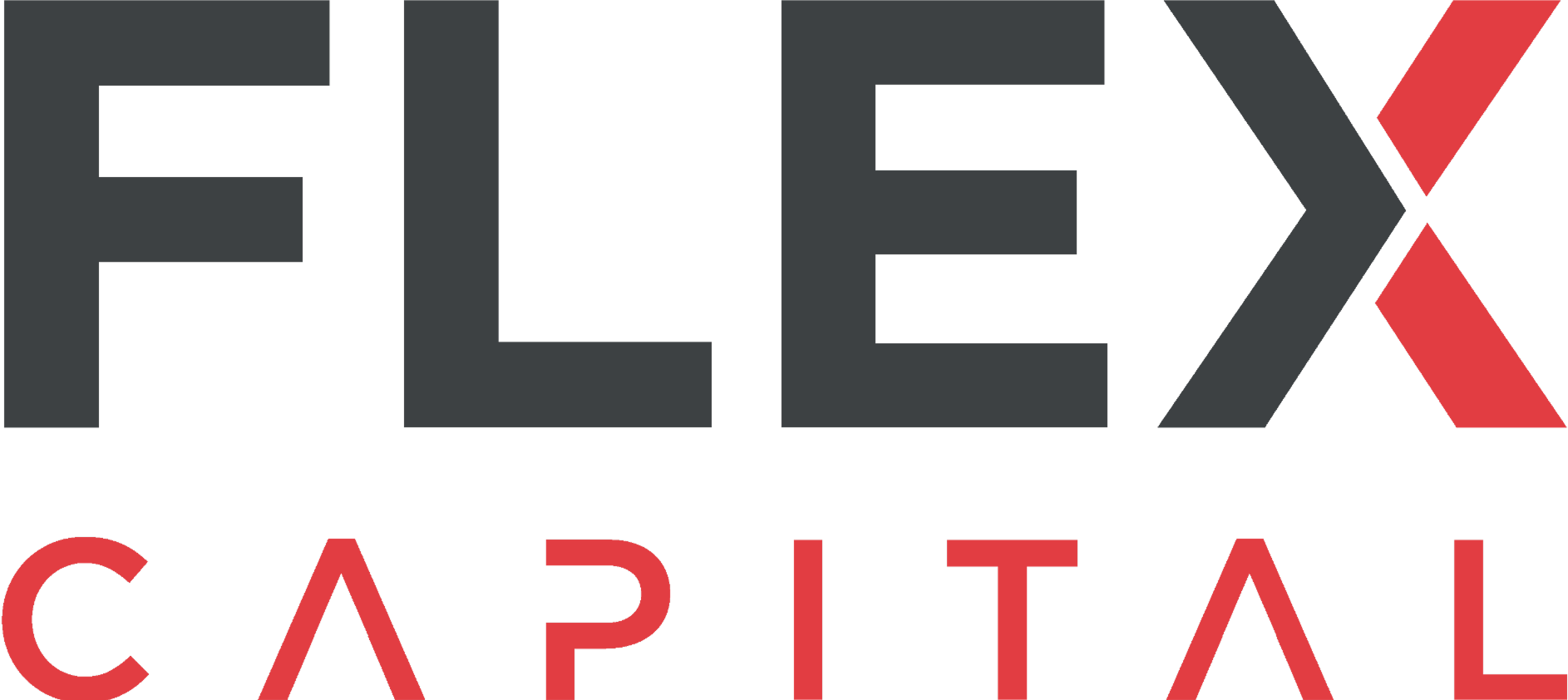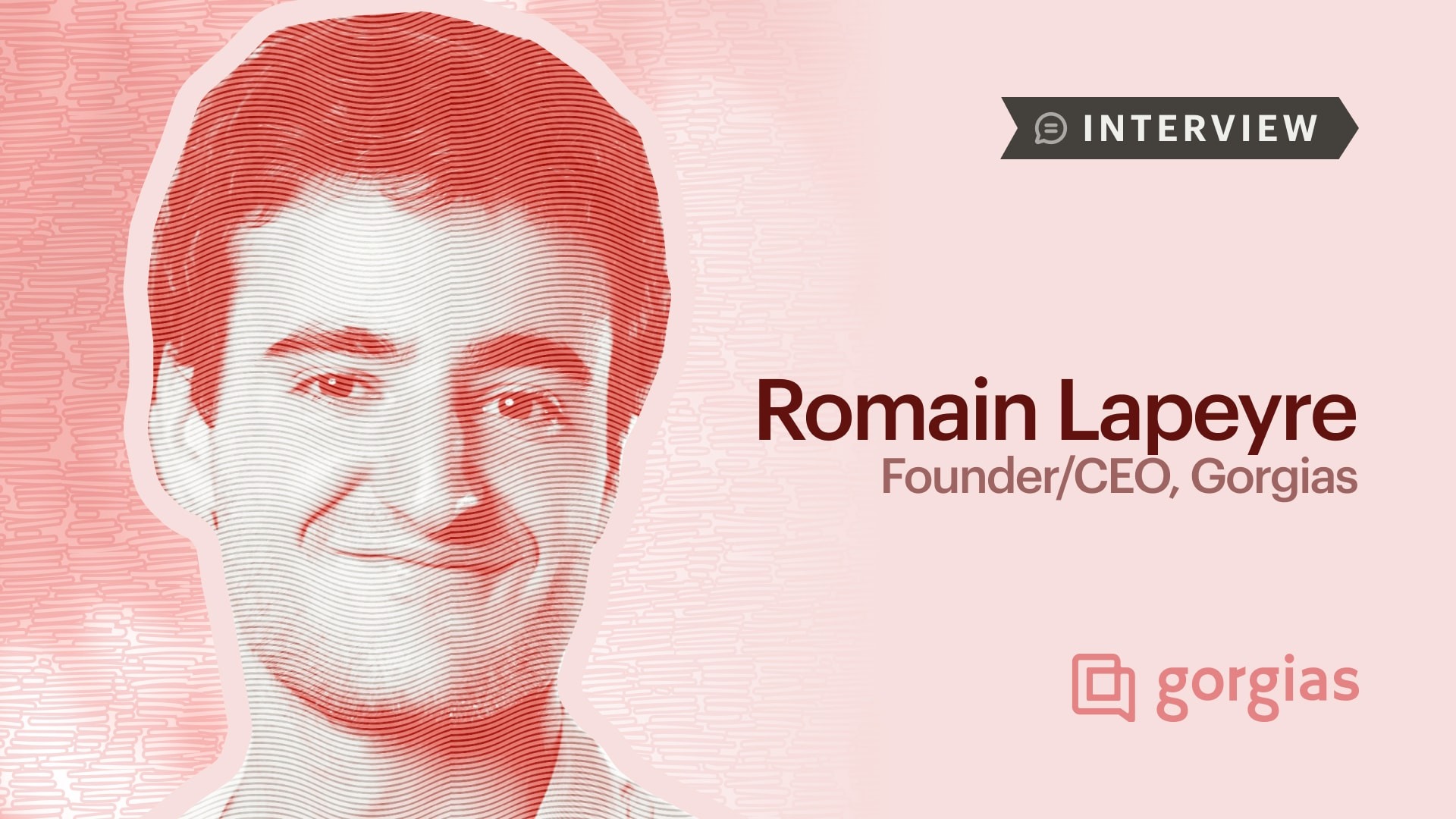“There are few people who are actually founders right now, and even fewer who are going to dedicate time to help you. The value that this provides is rare in the ecosystem.”
Romain Lapeyre is the founder and CEO of Gorgias, an ecommerce helpdesk that’s turning customer service into a profit center. Gorgias empowers customer service agents to drive sales with AI and advanced analytics.
At Flex, we saw how powerful this combination of data, customer service and ecommerce could be, so we led Gorgias’s Series A in 2019. Since then, Gorgias has grown from $3 million of ARR and a thousand merchants to over $27 million of ARR and 10,000+ merchants.
Along the way, Tod and Auren have been able to offer their insight as current CEOs. Tod sat down with Romain in summer 2022 to talk about what it’s like to work with investors who are also operators.
The takeaway? Experience is invaluable, especially when it comes to complex situations startups face when scaling, like partnerships, integrations, and acquisitions.
Romain Lapeyre Interview (edited for clarity)
Interviewed by Tod Sacerdoti
How did we meet?
We got an introduction from our seed investor. He said you should meet Auren. Auren came to our office in San Francisco and we spent a couple of hours chatting. What I really liked about Auren was the fact that he was big into how to leverage data to make your business better. That part was pretty appealing.
Also, my wife was working at LiveRamp at the time, which is the company Auren built. So, I was already following him on Twitter and that is how I met the first person from Flex. Then Auren introduced me to you, Tod, and you have been on the board for quite some time so we know each other well.
What does your company do?
We built a customer service platform for eCommerce merchants. The idea is that if you are selling something online to your customers, your customers are going to be asking you questions about products and they're going to be asking you questions about delivery. We built a platform that centralizes all the emails, chats, phone and SMS conversations that companies have with their customers. We are trying to flip the customer support industry on its head so that it goes from being simply a call center to something that generates revenue for the merchants. In terms of our timing, we met when we had $3 million of ARR and one thousand merchants. Now, we are at $27 million of ARR and about 10,000 merchants.
What is the difference between working with a traditional VC versus Flex?
I think what is really valuable in the relationship that we have with you, in particular, is the fact that you know firsthand what it is to do the job of being a CEO. You know how to deal with complex situations like how to deal with adding more partners to your platform. You also can help with exploring custom integrations and services. I think that knowledge is really valuable.
It is important that you are a founder, who is actively still a founder, I think this knowledge changes a lot. Knowledge you acquired five years ago is not necessarily relevant anymore today. The fact that you are still in business and experiencing it every day is relevant to me. That experience is great and I think that is what you add to the board meeting and to our team. Everybody appreciates that.
What has been your experience working with Flex since we invested?
As an example, you helped when we saw that there was an app that was competing with us for sale for relatively cheap. As a founder, I had never had the thought of acquiring a company. So it was really good to discuss that with you because it is something you've experienced before. It was good to scope the opportunity to figure out what was the actual value of the acquisition.
Also, I saw a tweet by Auren who indirectly participated in the process. He had tweeted about the good reasons to buy a company and the bad reasons to buy a company. I thought that was a good framework to think about it.
Another example would be around building integrations and how to think about your app ecosystem. You had some good thoughts about how to integrate with partners versus integrations that you need to build yourself. It was helpful to explore what integrations needed to be offloaded to a partner using a third party tool. Based on your suggestion, we ended up using Pipedream to offload some of the long tail integrations which was a good, actionable insight.
Are there any issues where you feel more comfortable coming to Flex?
I'd say some specific operating questions like the one I was discussing, like buying a company or how to set the priorities for the company. Because you are almost like a coach, in the sense that you are CEO yourself so you've experienced what is the right way to do it.
Another example is around the dynamics of the board meeting–who should be at that meeting versus what should be an internal management meeting? You said our board meeting was looking too much like a management meeting at some points. That was one of the insights I took and then spun up a separate longer management meeting. That was something really actionable that you came up with. I don't think other investors would have come up with that, because they mostly see the board side, but they don't see the internal side.
What would you tell another founder who is considering bringing on a traditional VC versus Flex?
It is cool to have people who back you that understand the mindset you are in. They understand the types of problems you face. You don't really want investors who are going to be telling you, "Hey, you should grow faster or you should fix this problem." Of course, we want to grow faster and of course we want to fix this problem. I think it is more about how we are going to do it. Having investors like you, Tod, who have this operating experience is something that's really valuable because we get another set of eyes to look at the problem that we are dealing with right now. Sometimes it's hard to get that from investors because they don't really know what the details are of the problem that I’m dealing with.
Is there anything you think would be helpful for a potential LP to know about Flex?
I think the concern of time availability is really not a concern. I understand rationally why LPs might think of it, but I don't think it is a problem.
From all of the investor conversations that I’ve had, I don't think there are a lot of investors who are currently operators who have good insights on the market. There are a lot of traditional VCs and a few founders turned VCs. But there are few people who are actually founders right now and, even fewer, who are going to dedicate time to help you. The value that this provides is rare in the ecosystem. It creates a good competitive advantage for Flex to close deals on the terms that they want because what they have to offer is unique.
For more on working with Dual Threat CEOs, check out our blog post here and here.




.png)

.png)
.png)
